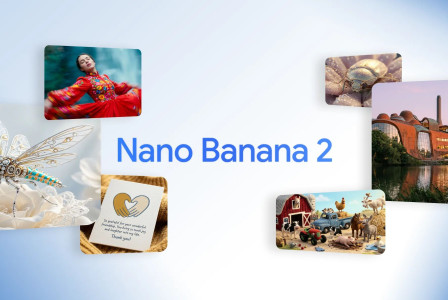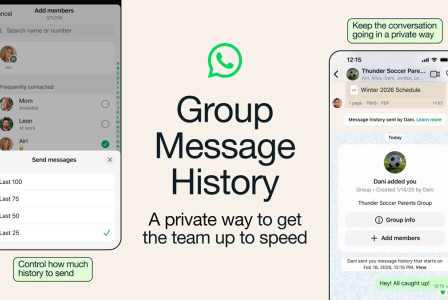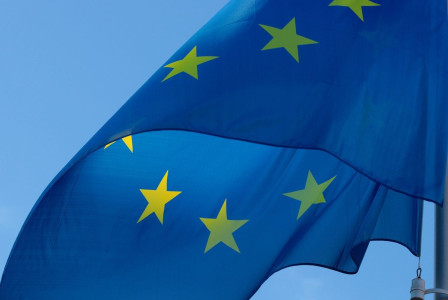SEARCH
WhatsApp opens the door to cross-app messaging for users in Europe

SHARE IT
WhatsApp users across Europe are about to gain a new level of freedom in how they communicate. Meta has confirmed that the platform is beginning to roll out support for third-party messaging apps, allowing people to chat with users outside the WhatsApp ecosystem for the first time. The move comes as part of Meta’s efforts to comply with the European Union’s Digital Markets Act (DMA), which requires major tech platforms to support interoperability to foster competition and user choice.
Under the DMA, WhatsApp—designated as a gatekeeper service—must allow its users to exchange messages with people on competing apps if those apps integrate correctly with Meta’s technical specifications. To meet these obligations, Meta is activating an opt-in feature across the European region on both Android and iOS. This means the new capability will not turn on automatically; instead, users will need to intentionally enable it in their settings before they can connect with external platforms.
At launch, WhatsApp will initially support two messaging services: BirdyChat and Haiket. BirdyChat is oriented toward professional communication, offering tools for structured, workplace-friendly conversations. Haiket, by contrast, focuses on voice-based messaging, prioritizing quick audio exchanges over traditional text. Because interoperability is being implemented only within Europe, users in other regions will not be able to contact people on these services through WhatsApp. This geographic limitation may introduce some fragmentation, particularly for multinational teams or friend groups divided across regions.
Once the feature is enabled, WhatsApp users will be able to send and receive text messages, photos, videos, voice notes, and file attachments with people on the connected third-party platforms. Group chat functionality is also planned, though Meta notes that this will only be available once partner services have built the necessary support on their side. Importantly, the option to link with external apps is entirely voluntary. Users can toggle the feature on or off at any time, maintaining full control over how integrated their messaging experience becomes. WhatsApp will display an informational prompt in the Settings menu to guide people through the activation process.
Security and privacy have been central concerns as Meta prepares this interoperability rollout, and the company stresses that it has designed the system to uphold WhatsApp’s long-standing commitment to end-to-end encryption (E2EE). In practice, this means that any third-party app wishing to connect must implement encryption standards equivalent to WhatsApp’s own. Meta indicates that it will not compromise on encryption requirements, as weakening them would run counter to both its technical architecture and its public promises around user privacy.
To help users make informed choices, WhatsApp will introduce an onboarding flow the first time someone links their account with a third-party platform. This guide will highlight the differences between standard WhatsApp chats and cross-platform conversations, including any limitations or distinctions in how metadata, message delivery, or encryption guarantees are handled. The goal is to ensure users clearly understand what changes when they step outside the traditional WhatsApp environment.
MORE NEWS FOR YOU

 Help & Support
Help & Support 

